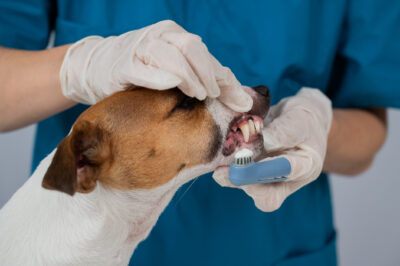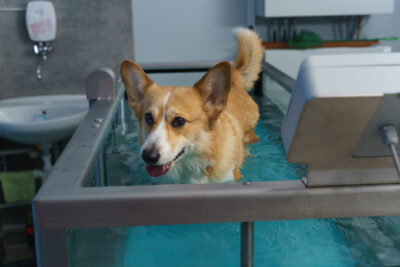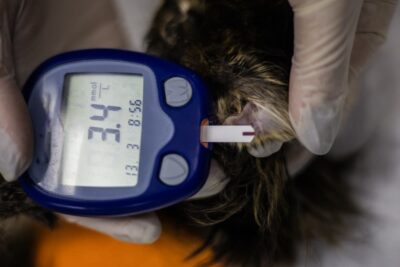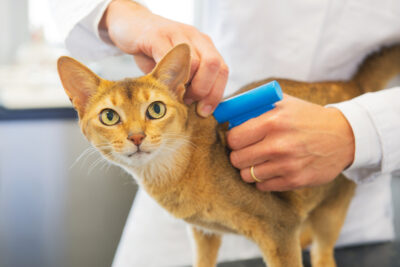Omega 3 for Cats: Benefits and Supplements

All featured products are chosen at the discretion of the GreatPetCare editorial team and do not reflect a direct endorsement by the author or reviewer.
Omega 3 fatty acids for cats are a type of polyunsaturated fat. They serve many purposes, such as promoting healthy skin and coat, boosting the immune system, and lowering inflammation throughout the body. Cats do not produce this type of fatty acid themselves and rely on supplements or additives in pet food. You can find omega 3 for cats in both liquid and capsule forms.
There are three types of omega 3 fatty acids: ALA (alpha-linolenic acid), DHA (docosahexaenoic acid), and EPA (eicosapentaenoic acid). ALA is found in plants, while DHA and EPA are derived from many types of fish, including sardines, salmon, and anchovies.
Let’s take a closer look at the benefits of omega 3 for cats and the types of supplements available on the market.
Omega 3 Benefits for Cats

Omega 3 fatty acid supplements for cats become integrated into various parts of the body upon ingestion. There, they interfere with the production of inflammatory cells, fats (lipids), and blood-clotting substances. In doing so, omega 3 fatty acids may help reduce overall inflammation, prevent abnormal clotting within the blood, and positively affect many other body processes, such as heart rhythms (1).
Potential benefits of omega 3 supplements for cats may include (2):
- Reduce inflammation in the body
- Lower blood pressure
- Decrease cholesterol
- Promote brain and eye health
- Improve cognitive function
- Lower risk of heart disease
- Support healthy skin and coat
- Promote joint health
- Support healthy immune system
Why Your Vet Might Recommend Omega 3 Supplements for Cats

Many veterinarians recommend omega 3 fish oil for cats to support overall health and well-being. Pet parents who want to take a holistic approach to their cat’s veterinary care may prefer omega 3 fatty acid supplements as opposed to other prescription medications. Many veterinarians also recommend omega 3 supplements in combination with other medications to improve symptoms and long-term health for various conditions, such as arthritis.
Omega 3 fatty acid supplements can be used short or long-term, depending on the needs of the cat. For best results, you can incorporate this supplement into your cat’s daily diet.
Omega 3 for Cats: 5 Supplements to Consider
You should speak with a veterinarian before starting your pet on any supplements. It’s important to look for a high-quality, reputable omega 3 fatty acid supplement when choosing a product for your cat.
Here are some omega 3 supplements for cats to consider, in consultation with your veterinarian:
VetriScience Omega 3-6-9 Capsules

These gel capsules are given to cats once every other day to promote skin, heart, and brain health.
- Contains EPA, DHA, and ALA (three types of omega-3 fatty acids)
- Contains omega-6 and omega-9 fatty acids
- Includes 10 IU vitamin E
- Does not contain any artificial flavors, colors, or preservatives
EicosaDerm Omega 3 Liquid

This liquid promotes healthy skin and is dosed based on a cat’s weight. It can be given directly by mouth or mixed with the cat’s food.
- Each pump contains 600 mg omega-3 fatty acids (360 mg EPA and 240 mg DHA)
- Contains 10 IU vitamin E
- Available in two sizes
NOW Pets Omega-3 Support

These soft gels are fish-flavored and given to cats once daily to support the immune system, joints, and brain.
- Contains 1,000 mg of fish oil concentrate (180 mg EPA and 120 mg DHA)
- Flavored for ease of administration
Covetrus Omega-3 Fatty Acid Capsules

These capsules can be given by mouth or broken open to squeeze into a cat’s food. Dosing is based on weight, but in general, cats receive one capsule daily.
- Contains at least 360 mg EPA and 240 mg DHA
- Contains omega-6 fatty acids
- Contains at least 4 IU vitamin E, 400 IU vitamin A, and 100 IU vitamin D3
Vetoquinol Triglyceride Omega

This product comes in a liquid pump for cats. One pump of liquid is mixed into the cat’s food once daily for easy administration. It contains fish oil and many essential nutrients needed to support bone, joint, muscle, heart, and eye health.
- Contains 1,000 mg of fish oil (180 mg EPA and 120 mg DHA)
- Contains 160 IU vitamin A, 40 IU vitamin D3, and 1.6 IU vitamin E
Omega 3 for Cats: Tips and Safety
Always follow your veterinarian’s instructions when giving omega-3 fatty acid supplements to your cat. It’s possible for cats to overdose on fish oil supplements, and giving them too much or too often may cause harm.
These supplements are commonly given with other medications to manage specific health conditions and to promote overall health. Your veterinarian may also suggest a diet that has omega 3 fatty acids added to it instead of giving a separate supplement. Examples of diets that veterinarians may recommend include Royal Canin Feline Nutrition Hair & Skin Care dry food or Blue Buffalo True Solutions Perfect Skin & Coat natural salmon adult food.

Omega 3 supplements are generally well-tolerated, but possible side effects in cats may include diarrhea, nausea, fishy odor of the breath or fur, or blood clotting issues. Side effects are more common at higher doses or with accidental overdose. Always consult a veterinarian when choosing an omega 3 supplement for your cat. Veterinarians can recommend a reputable product that has the correct ingredients in the desired amounts.
Always store omega 3 fatty acid supplements safely out of reach of your cat, and keep the lid tightly secured.
References:
- Surette, Marc E. “The science behind dietary omega-3 fatty acids.” CMAJ : Canadian Medical Association journal = journal de l’Association medicale canadienne vol. 178,2 (2008): 177-80. doi:10.1503/cmaj.071356
- Magalhães, Tomás Rodrigues et al. “Therapeutic Effect of EPA/DHA Supplementation in Neoplastic and Non-neoplastic Companion Animal Diseases: A Systematic Review.” In vivo (Athens, Greece) vol. 35,3 (2021): 1419-1436. doi:10.21873/invivo.12394









